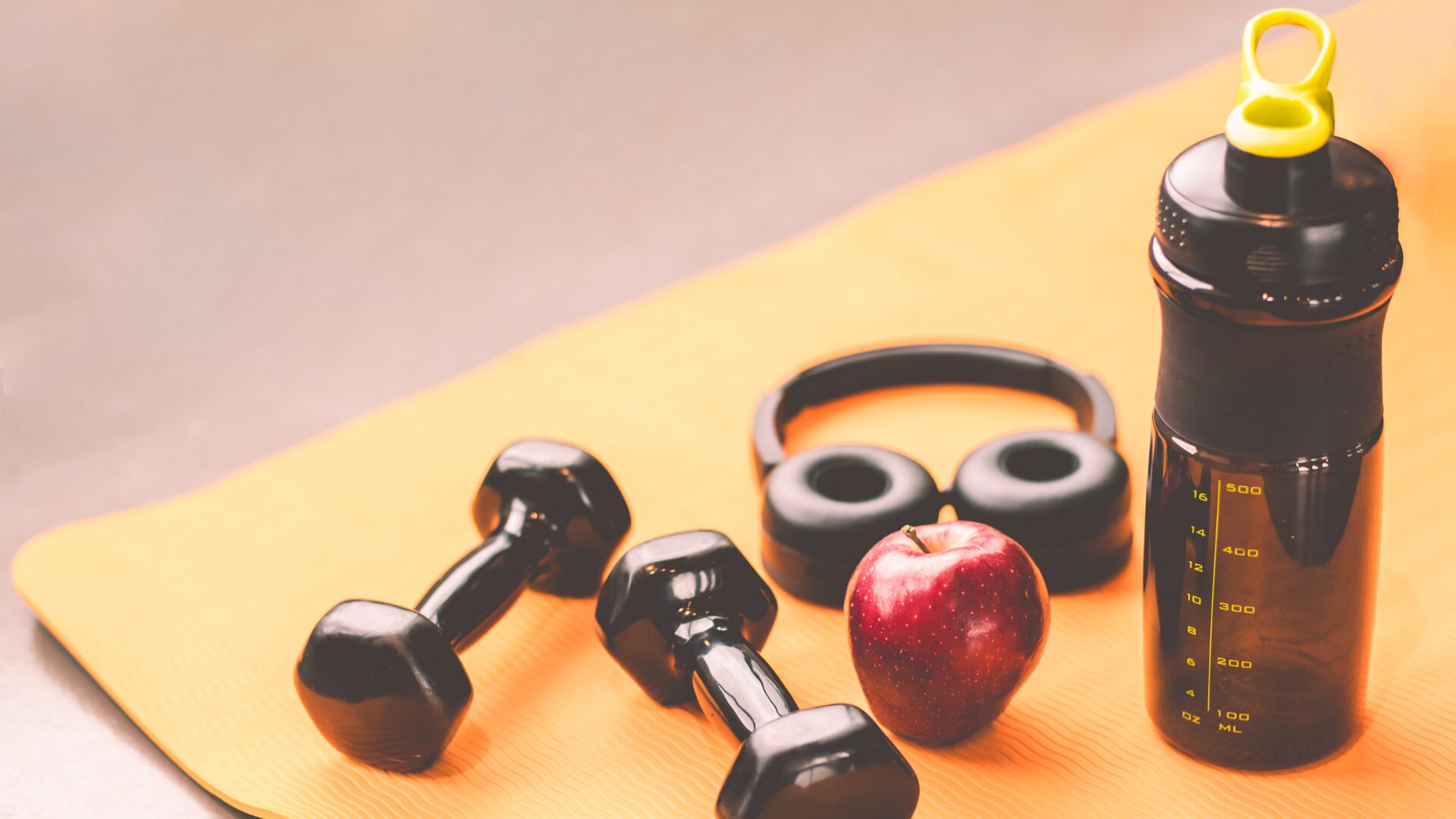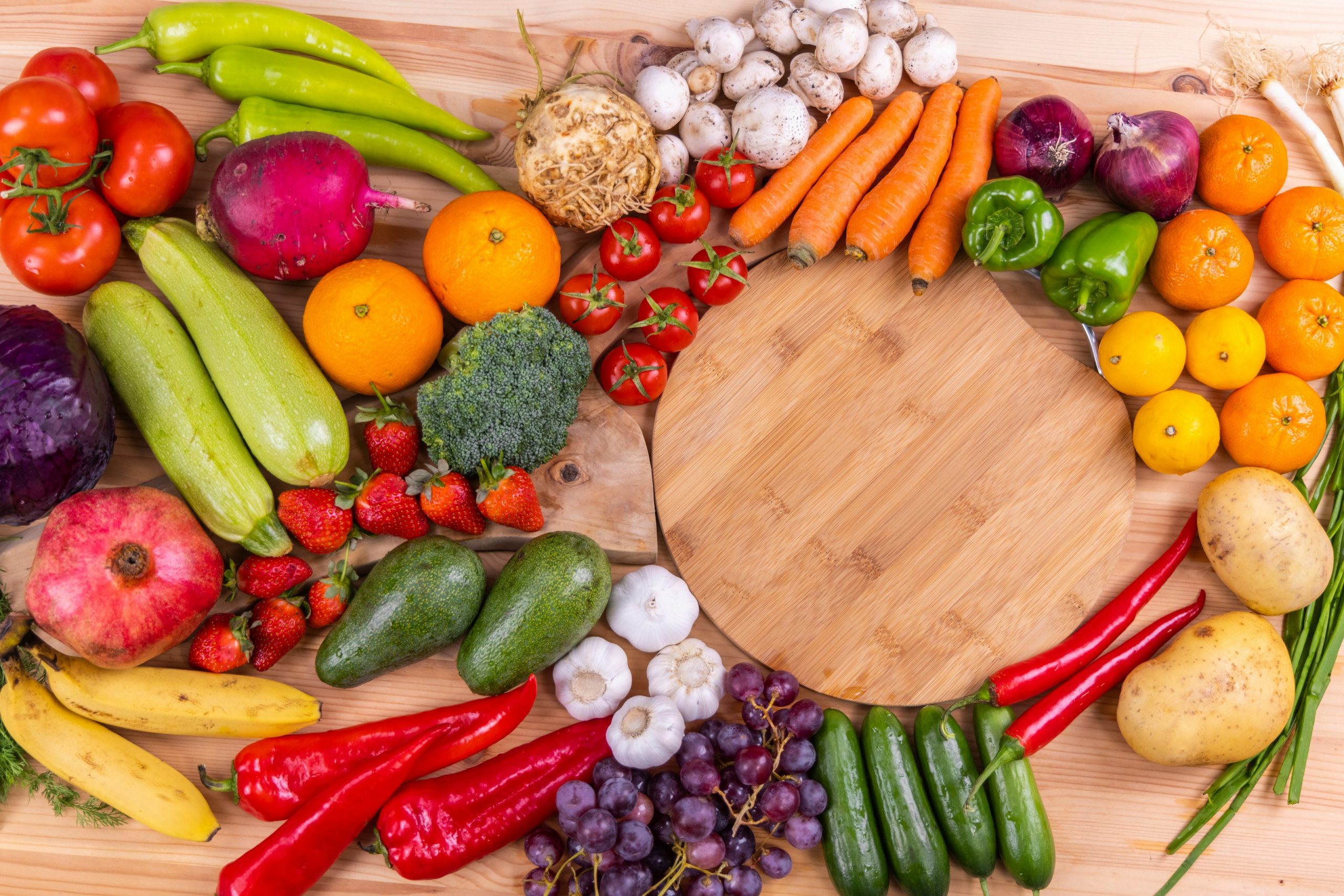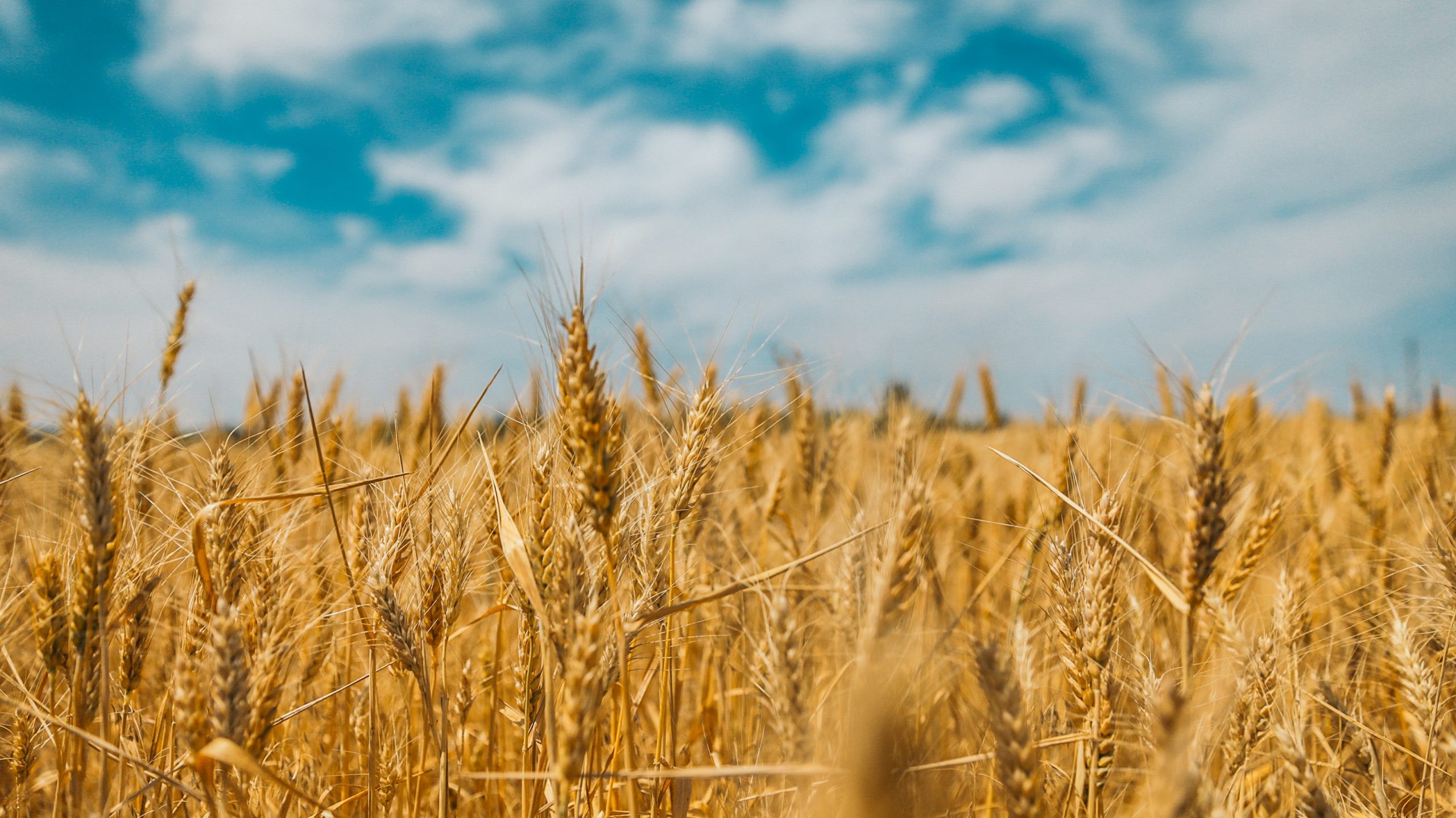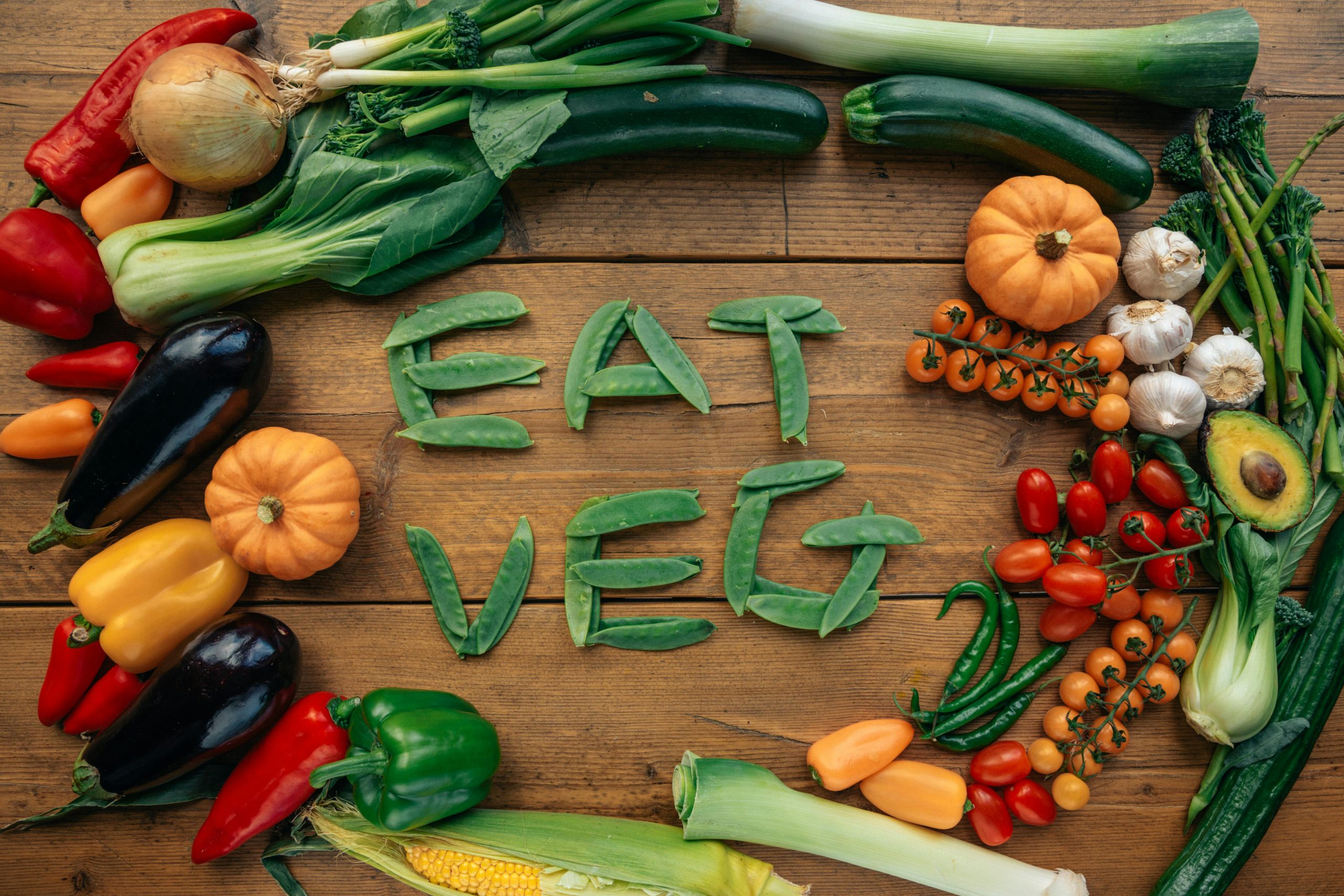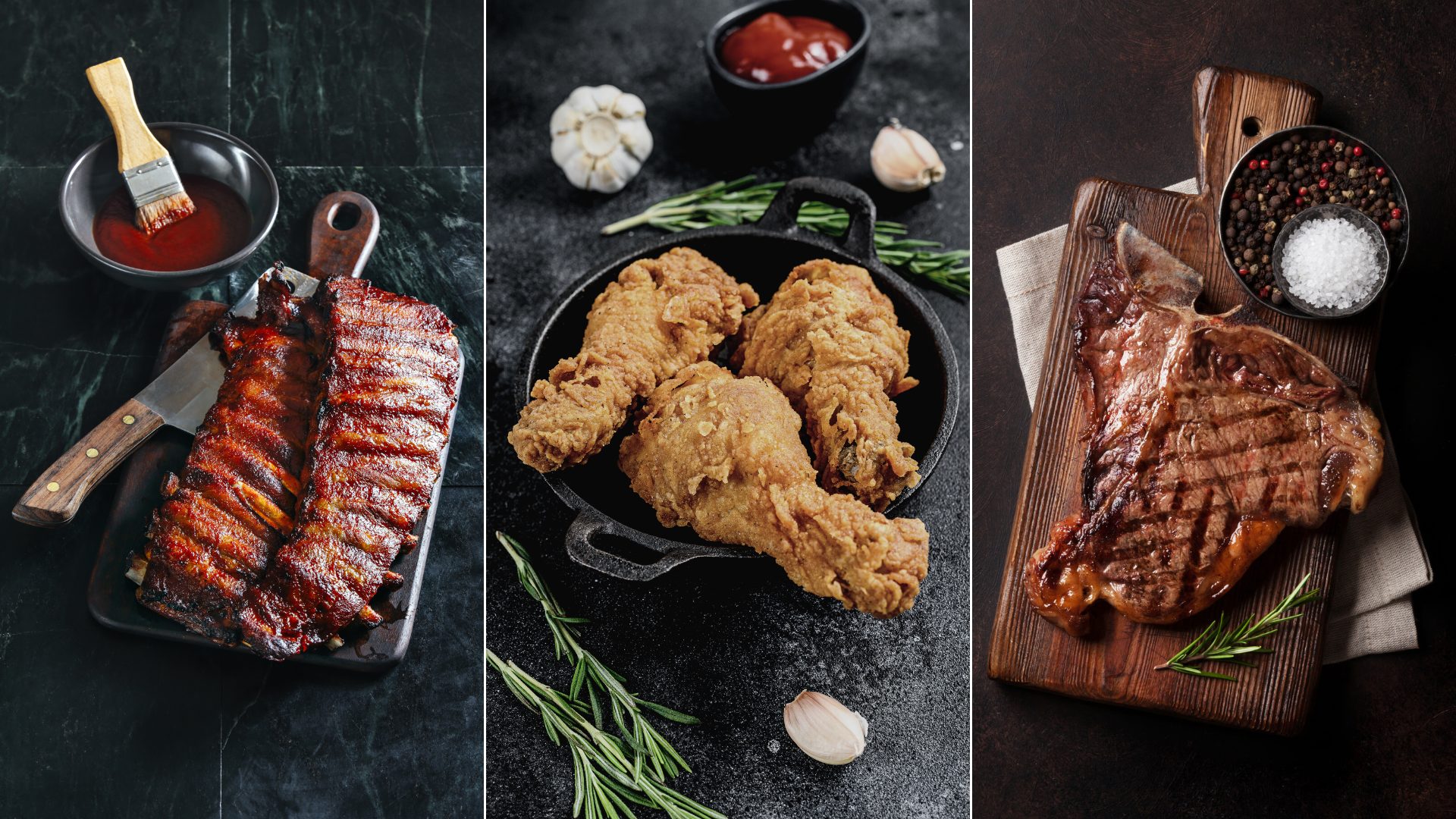As a retired Olympic cyclist and long-time advocate of plant-based eating, I’m a big fan of fiber. It’s been a game-changer for both my athletic performance and overall health – but despite its many perks, most Americans simply aren’t getting enough.
While most of us only take in around 15-18 grams of fiber every day, the amount needed for baseline health is at least 30 grams. Dr. Angie Sadeghi, my gut doctor and the CEO/founder of the Institute of Plant-Based Medicine, actually recommends 60-80 grams as the gold standard for optimal microbiome health, which is what I strive for.
So, why does fiber get left on the back burner so often when it offers so many benefits?
Myths & Misconceptions
I believe much of our collective fiber deficiency stems from widespread misinformation about health. It’s much harder to consume enough fiber on popular low-carb diets like keto, and Instagram influencers often promote unhealthy high-protein diets, which is particularly compelling when they look physically fit. However, a lean physique tells us little about their risk of heart disease or colon cancer.
Then there are the meat and dairy industries, which glorify animal-based proteins that contain zero grams of fiber, while no single industry is really promoting plant-based fiber sources. This is one of the many reasons I founded the nonprofit Switch4Good with five other dairy-free Olympians, which offers dairy-free tips, stories, and community support.
Now that we’ve addressed the misinformation, let’s explore the evidence-based benefits of fiber.
Energy Release & Glycogen Storage
I’ve found that eating a high-fiber meal the night before a hard workout provides a slower, steadier energy release, which is always the goal.
Fiber also improves my body’s ability to store glycogen, which is essentially the gasoline that fuels endurance exercise. However, I wouldn’t recommend consuming fiber while exercising because that can cause gut distress.
Gut Microbiome & Digestive Health
Fiber serves as a prebiotic that feeds your beneficial gut bacteria – and a healthy microbiome boosts your metabolism, immunity, and mental health.
Fiber also keeps your digestive system working properly. Soluble fiber forms a gel-like substance in your gut, slowing digestion and allowing for better absorption of nutrients like iron and magnesium that are essential for athletic performance.
Insoluble fiber adds bulk to your stool and helps food pass through your digestive system more efficiently. And because high-fiber foods take longer to digest, they keep you fuller for longer, which reduces your caloric intake and helps you maintain a healthy weight.
Cholesterol, Inflammation & Blood Sugar
Another perk of fiber is its ability to bind to LDL (bad) cholesterol and remove it from the body, reducing your risk of cardiovascular disease.
It’s also associated with lower markers of inflammation, which is linked to chronic health conditions like arthritis and cancer.
Fiber plays an integral role in blood sugar regulation as well, which lowers your risk of type 2 diabetes.
My Favorite Fiber Sources
My go-to fiber sources include apples, berries, pears, kale, broccoli, cauliflower, beets, sweet potatoes, lentils, edamame, beans, oats, flaxseeds, chia seeds, and nutritional yeast, which I sprinkle on my salads and soups. If I’m out running errands, I’ll grab a convenient, fiber-rich snack like a MadeGood or gomacro bar.
Pro tip: If you’re new to a high-fiber diet, it’s important to increase your intake slowly so your gut can adapt. I recommend working with a professional plant-based dietitian to gradually introduce more fiber into your diet. Your gut will thank you!
About the author: Dotsie Bausch is an Olympic Silver Medalist in Track Cycling with a nutrition degree from the T. Colin Campbell Center for Nutrition Studies. She’s also the founder and executive director of Switch4Good.org and one of the stars of the Game Changers documentary, which can be found on Netflix.
The Food Institute Podcast
Is it possible to balance a legacy brand and innovative ideas for a food company? Bibie Wu, chief communications and technical development officer with Del Monte, shares how her company respects its past while looking to the future, and how her dual roles in marketing and product development inform each other and improve the company.


